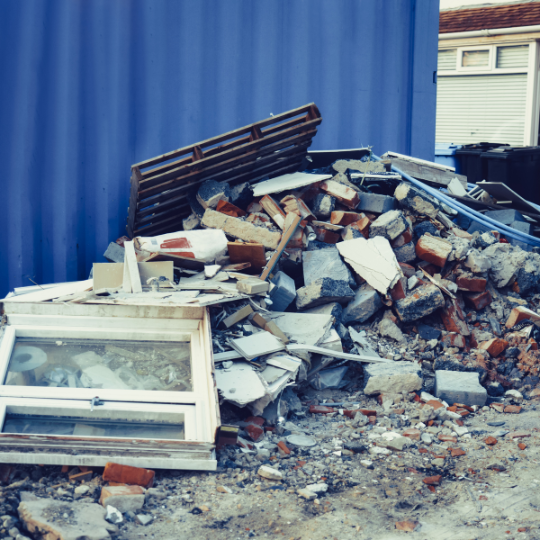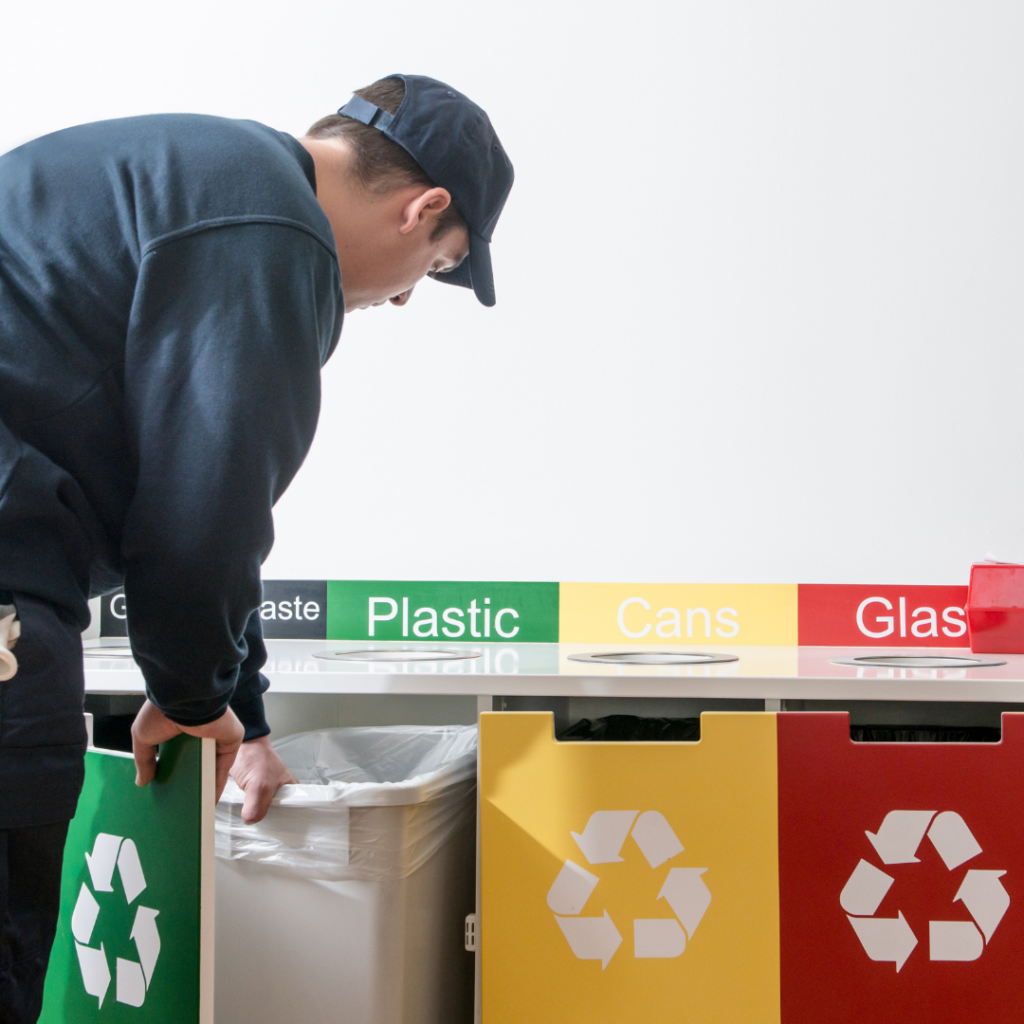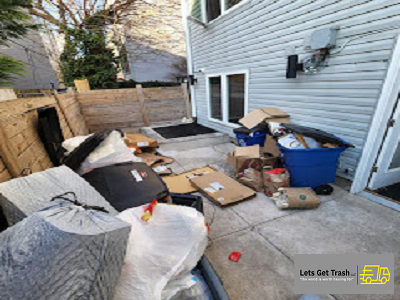Community Cleanup Services: Engaging for a Cleaner Society
In the pursuit of a cleaner and healthier environment, communities around the world are coming together to address the challenge of litter and pollution through organized cleanup services. These initiatives go beyond individual efforts, rallying community members, businesses, and local authorities to collaborate towards a common goal: a cleaner society. From neighborhood cleanups to city-wide campaigns, community cleanup services play a vital role in fostering environmental stewardship, enhancing quality of life, and instilling a sense of pride and belonging among residents.
Raising Environmental Awareness:
Community cleanup services serve as platforms for raising awareness about the impact of litter and pollution on the environment and public health. By organizing cleanup events and educational workshops, communities can educate residents about the importance of proper waste disposal, recycling, and conservation. These initiatives empower individuals to take responsibility for their surroundings and adopt sustainable habits that contribute to a cleaner and healthier environment. Moreover, by engaging youth and schools in cleanup activities, communities can instill lifelong values of environmental stewardship and civic responsibility.
In our rapidly evolving world, the importance of environmental awareness cannot be overstated. As communities grapple with pressing environmental challenges such as pollution, deforestation, and climate change, raising awareness is crucial for fostering understanding, inspiring action, and driving positive change. Through educational initiatives, outreach programs, and advocacy efforts, communities can empower individuals to become informed and engaged stewards of the environment, leading to more sustainable lifestyles and collective efforts to protect our planet for future generations.

Education for Sustainability
At the heart of raising environmental awareness lies education—a powerful tool for equipping individuals with the knowledge, skills, and values needed to make informed decisions and take meaningful action. By integrating environmental education into school curricula, communities can instill a lifelong appreciation for nature and inspire students to become environmentally responsible citizens. Through hands-on learning experiences, field trips, and classroom activities, students can explore complex environmental issues, develop critical thinking skills, and cultivate a sense of environmental stewardship.
Outreach and Engagement
Community outreach programs play a vital role in reaching diverse audiences and engaging individuals from all walks of life in environmental advocacy. Whether through workshops, seminars, or public events, these initiatives provide platforms for sharing information, fostering dialogue, and mobilizing collective action. By partnering with local organizations, businesses, and government agencies, communities can amplify their impact and reach broader audiences with messages of environmental conservation and sustainability. Moreover, social media and digital platforms offer powerful tools for spreading awareness and mobilizing online communities to support environmental causes.
Advocacy and Activism
Advocacy efforts play a crucial role in raising awareness about environmental issues and advocating for policy changes and systemic solutions. Through grassroots campaigns, petitions, and lobbying efforts, communities can amplify their voices and hold policymakers and corporations accountable for their environmental impact. By advocating for stronger environmental regulations, conservation measures, and sustainable practices, communities can influence decision-making processes and drive positive change at local, national, and global levels. Moreover, by participating in environmental protests, marches, and rallies, individuals can demonstrate their commitment to environmental justice and solidarity with frontline communities disproportionately affected by environmental degradation.
Promoting Sustainable Lifestyles
Raising environmental awareness is not only about understanding environmental issues but also about inspiring individuals to adopt sustainable lifestyles and consumption habits. By promoting practices such as reducing, reusing, and recycling, communities can empower individuals to minimize their environmental footprint and conserve natural resources. Moreover, by supporting local initiatives such as community gardens, farmers’ markets, and renewable energy projects, communities can create opportunities for residents to live more sustainably and contribute to local resilience and self-sufficiency.
Raising environmental awareness is a collective endeavor that requires collaboration, creativity, and commitment from all members of society. By prioritizing education, outreach, advocacy, and sustainable living, communities can empower individuals to become active agents of change and champions for environmental sustainability. As we continue to confront the complex challenges of the 21st century, let us harness the power of environmental awareness to build a greener, healthier, and more sustainable future for all. Together, we can make a difference and protect our planet for generations to come.
Fostering Collaboration and Social Cohesion:
Cleanup services provide opportunities for community members to come together and work towards a common cause, fostering collaboration and social cohesion. Whether it’s picking up litter in local parks, beaches, or streets, these activities encourage teamwork and solidarity among participants. Businesses, schools, and community organizations can also join forces to support cleanup efforts through sponsorship, volunteer participation, and logistical assistance. By uniting diverse stakeholders, community cleanup services strengthen community bonds and create a sense of belonging and pride in shared accomplishments.
In the realm of environmental conservation, fostering collaboration and social cohesion is paramount to effecting meaningful change. By bringing together diverse stakeholders, including community members, businesses, government agencies, and non-profit organizations, communities can leverage collective expertise, resources, and perspectives to address complex environmental challenges. Through collaborative efforts, communities can build stronger social ties, foster mutual trust, and create a shared sense of purpose, ultimately driving more effective and sustainable solutions for the benefit of all.
Building Trust and Solidarity
At the heart of fostering collaboration and social cohesion lies the cultivation of trust and solidarity among community members. By creating spaces for open dialogue, active listening, and respectful engagement, communities can bridge divides, overcome differences, and build stronger relationships based on mutual respect and understanding. Trust serves as the foundation for effective collaboration, enabling stakeholders to work together towards common goals with confidence and integrity. Moreover, solidarity—fueled by shared values, experiences, and aspirations—binds communities together, inspiring collective action and resilience in the face of environmental challenges.
Engaging Diverse Stakeholders
Effective collaboration requires the active engagement of diverse stakeholders representing different sectors, interests, and perspectives within the community. By fostering inclusive decision-making processes and participatory approaches, communities can ensure that all voices are heard and valued in environmental discussions and initiatives. This inclusivity not only enhances the legitimacy and credibility of collaborative efforts but also fosters a sense of ownership and empowerment among participants. By embracing diversity and promoting equity, communities can tap into the full range of talents, ideas, and resources needed to tackle environmental issues effectively.
Leveraging Collective Resources
Collaborative environmental initiatives allow communities to pool their resources, expertise, and networks to achieve common objectives. By leveraging collective resources—from funding and technical expertise to volunteer support and infrastructure—communities can amplify their impact and achieve greater outcomes than would be possible through individual efforts alone. Partnerships between local businesses, government agencies, and non-profit organizations can yield innovative solutions, scalable interventions, and sustainable outcomes that benefit the entire community. Moreover, by sharing knowledge, best practices, and lessons learned, communities can build capacity and resilience to address future environmental challenges.
Empowering Grassroots Leadership
Collaborative environmental efforts empower grassroots leaders and community champions to emerge and drive change from the ground up. By providing opportunities for leadership development, mentorship, and skill-building, communities can nurture a new generation of environmental advocates and change-makers. Grassroots leaders—who are deeply rooted in their communities and passionate about environmental issues—play a vital role in mobilizing support, inspiring action, and galvanizing momentum for positive change. By empowering grassroots leadership, communities can cultivate a culture of civic engagement, innovation, and resilience that sustains environmental efforts over the long term.
Fostering collaboration and social cohesion is essential for building resilient, inclusive, and sustainable communities. By cultivating trust, engaging diverse stakeholders, leveraging collective resources, and empowering grassroots leadership, communities can unite for environmental action and make meaningful progress towards a greener future. As we confront the urgent challenges of climate change, biodiversity loss, and environmental degradation, let us harness the power of collaboration to create positive change for people and the planet. Together, we can forge a sustainable future that benefits present and future generations alike.
Beautifying Public Spaces:
One of the most visible benefits of community cleanup services is the transformation of public spaces into clean, inviting, and aesthetically pleasing environments. By removing litter and debris from parks, streets, and waterways, cleanup initiatives enhance the beauty and functionality of community assets, making them more enjoyable and accessible to residents and visitors alike. Clean public spaces also contribute to improved mental and physical well-being, promoting outdoor recreation, relaxation, and social interaction. Moreover, beautifying public spaces through cleanup services can boost property values, attract investment, and stimulate economic development in neighborhoods and communities.

Protecting Wildlife and Ecosystems:
Beyond the aesthetic and recreational benefits, community cleanup services play a crucial role in protecting wildlife and ecosystems from the harmful effects of litter and pollution. Marine debris, plastic waste, and other forms of litter pose significant threats to aquatic life, birds, and terrestrial animals, causing injury, entanglement, and ingestion. By removing litter from beaches, rivers, and natural habitats, cleanup initiatives help safeguard biodiversity and preserve fragile ecosystems. Moreover, by preventing litter from entering waterways, communities can reduce the flow of pollutants into rivers, lakes, and oceans, thereby protecting water quality and aquatic habitats.
Conclusion:
Community cleanup services are more than just efforts to remove litter; they are powerful vehicles for environmental education, social engagement, and positive change. By mobilizing residents, businesses, and organizations to take action against litter and pollution, communities can create cleaner, healthier, and more vibrant environments for current and future generations. As we continue to face environmental challenges such as plastic pollution and climate change, the importance of community-led initiatives cannot be overstated. Contact us today to join in community cleanup services and work towards a cleaner, more sustainable society for all.






